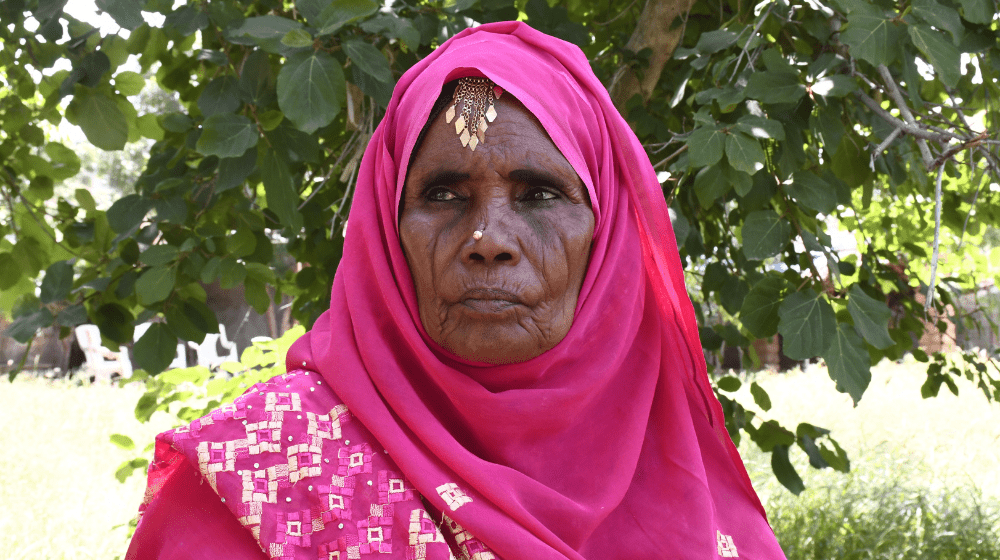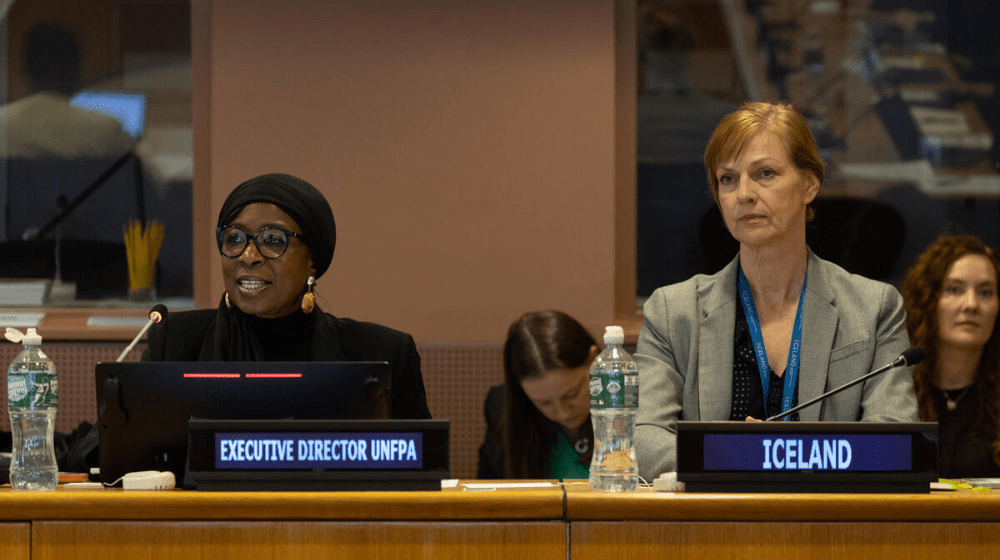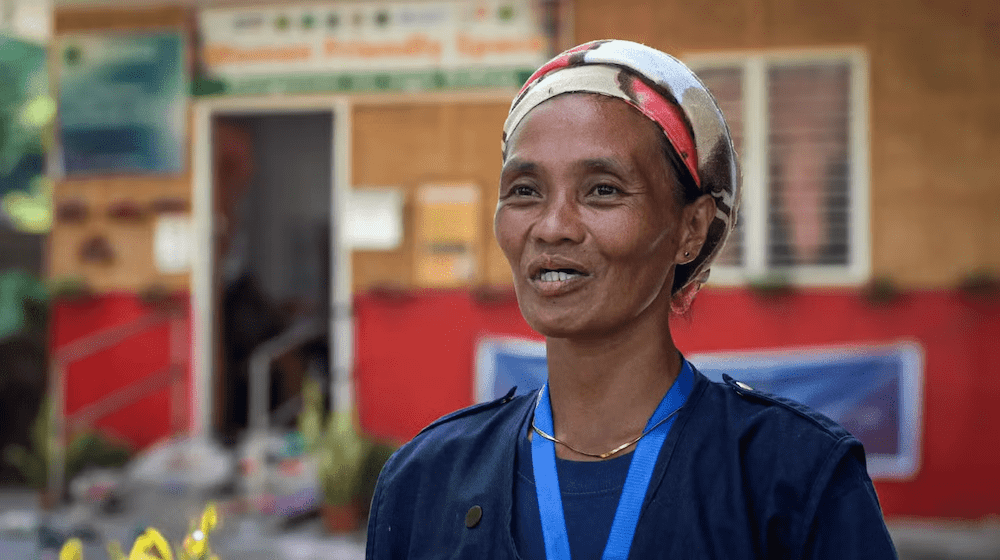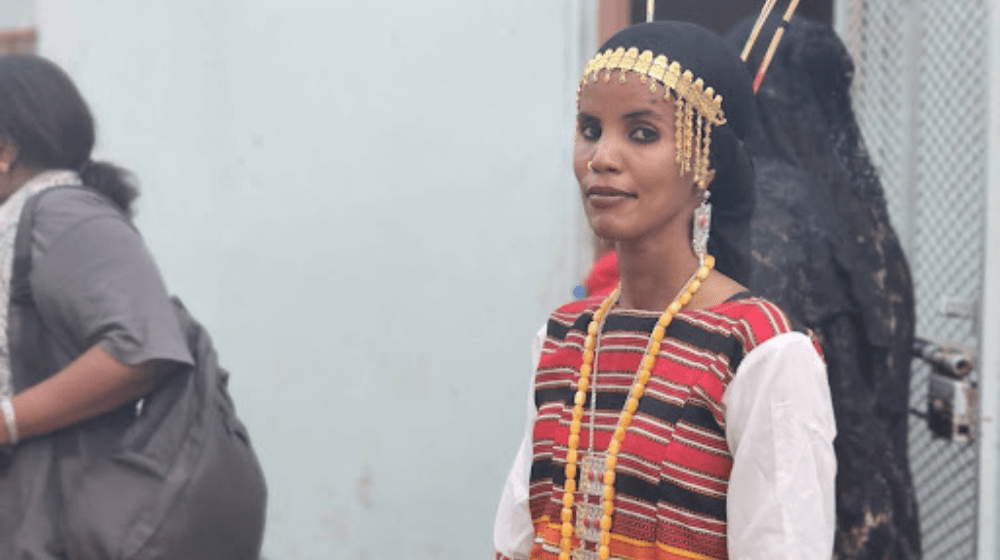Mongolia suffers from a harsh climate with winter emergencies that can wipe out millions of livestock at the core of rural livelihoods. In 2016, a hot and dry summer followed by an extremely harsh winter, known locally as a dzud, caused the death of over a million animals and left herders in need of humanitarian support. The death of so much livestock has significantly reduced the ability of households to access sufficient food, leading to health and nutrition concerns for families. UNFPA's work in Mongolia has helped the most vulnerable individuals affected, namely young children and pregnant women. In concerted efforts with the Government of Mongolia, UNFPA helps to increase the availability and use of integrated sexual and reproductive health services to decrease the affected populations' exposure to sexually transmitted infections and to reduce the number of unplanned pregnancies.
The Grand Duchy of Luxembourg
Donor rankings include UN-to-UN transfers, which are UNFPA's top source of revenue overall.
Effective 1 January 2022, UNFPA adopted a new revenue recognition policy; however, for the purposes of this website, information is presented based on previous policy to allow comparability of information across different years.
Donor Global Statistics
News & Updates
Pagination
News
Mongolian women get help to escape violence even amid pandemic
17 December 2020COVID-19 Situation Report No. 6 for UNFPA Mongolia
Resource date: 30 November 2020
Publisher: UNFPA Mongolia
Since 15 November, the State Emergency Commission (SEC) has identified a total of eight clusters of COVID-19 transmission: two in Ulaanbaatar City and one in Selenge, Darkhan-Uul, Gobisumber, Orkhon, Dornogobi and Arkhangai provinces respectively. The clusters are linked with close and secondary contacts of an index case of COVID-19. The government has taken swift action including contact tracing, the immediate testing of identified contacts, the isolation of contacts, quarantine, and treatment of positive cases.
COVID-19 Situation Report No. 5 for UNFPA Mongolia
Resource date: 15 November 2020
Publisher: UNFPA Mongolia
COVID-19 Situation Report No. 4 for UNFPA Mongolia
Resource date: 31 October 2020
Publisher: UNFPA Mongolia
As of October 31, 2020, the country has 346 cases of COVID- 19 with 313 treated and recovered, and with 33 patients in the National Center for Communicable Diseases. There are 3,212 people in mandatory quarantine, total number of tests that have been carried out since the outbreak of COVID-19 are 89,325.
COVID-19 Situation Report No. 3 for UNFPA Mongolia
Resource date: 30 September 2020
Publisher: UNFPA Mongolia
Situation Overview
As of September 30, 2020, the country reported 313 cases of COVID-19 with 305 patients treated and recovered, and with 8 patients receiving medical care at the National Center for Communicable Diseases. There were 4,231 people in quarantine by the end of September, 2020.
Germany
Donor rankings include UN-to-UN transfers, which are UNFPA's top source of revenue overall.
Effective 1 January 2022, UNFPA adopted a new revenue recognition policy; however, for the purposes of this website, information is presented based on previous policy to allow comparability of information across different years.
Donor Global Statistics
News & Updates
Pagination
Humanitarian needs

Last updated on - December 2018
- Results data are reported and updated as they become available.
- -Targets and UNFPA's populations of concern, including women of reproductive age and pregnant women, are estimated using the MISP calculator.
- -Funding estimates are based on country planning processes, including inter-agency humanitarian response plans and regional refugee and resilience plans.



